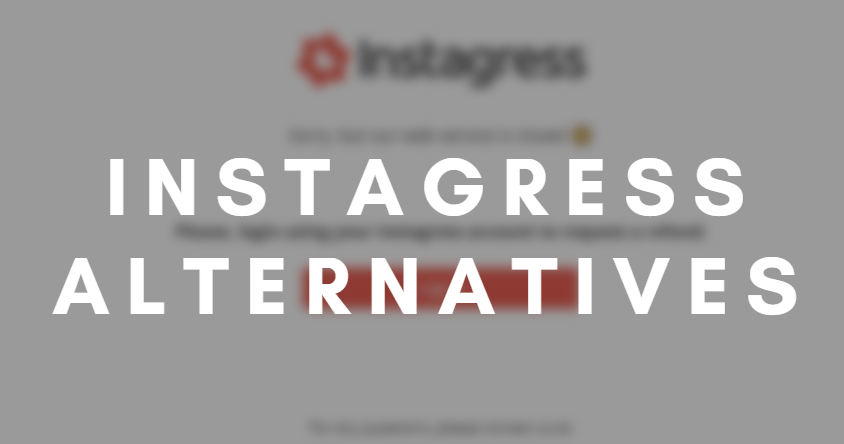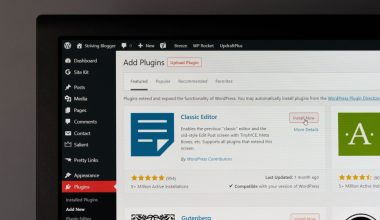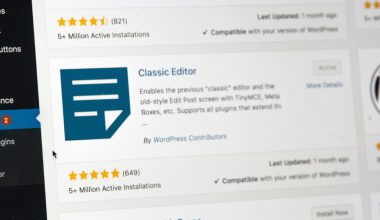Seychelles Company Formation: Field Notes for Founders
Building a clean, lightweight international structure that partners will take seriously? Seychelles remains a practical option when the goal is fast incorporation, predictable upkeep, and remote-friendly onboarding. Below are field notes that cut the fluff—what to prepare, how to keep filings smooth, and how to stay “bank-ready” as you scale. For a start-to-finish service overview, see Seychelles company formation.

At a Glance
- Who it suits: holding and IP vehicles, B2B services, SaaS and digital products, early-stage ventures with cross-border clients.
- Why it works: predictable incorporation, sensible maintenance, and widely recognized corporate mechanics.
- Momentum keys: complete KYC in one batch, consistent activity description everywhere, fast responses to clarifications.
- Banking reality: many teams open with a fintech-friendly EMI/PSP, then add a bank for redundancy and currencies.
- Governance hygiene: tidy registers, resolutions log, and a renewal/compliance calendar from day one.
Decision Checklist (Before You File)
- Purpose & footprint: holding vs. operating. Holding/IP entities have lighter day-to-day ops, but still need proper records and renewals.
- Customers & corridors: where funds come from/go to, expected volumes, and currencies you actually need.
- Custody of funds: will the entity ever hold client money or digital assets? If yes, plan safeguards and vendor due diligence.
- Substance expectations: counterparties increasingly ask for a credible narrative of decision-making and documentation.
- Banking fit: shortlist providers that explicitly serve your industry and geographies; switching later is costly.
Documents You’ll Prepare (Zero-Drama Pack)
- IDs & proof of address for directors, shareholders, and UBOs (passport + utility/bank statement < 3 months).
- Short CVs/backgrounds for controllers and officers.
- 2–3 company name options (in case the first is taken).
- Business summary (what you sell, customer geos, top counterparties, expected monthly flows).
- KYC/AML forms required by the registered agent.
Time-saver: most delays come from expired IDs, blurred scans, and mismatched addresses. Triple-check documentation before submission.
How Incorporation Actually Flows
- Scope & structure: confirm model (holding/operating), directors, shareholding, and the preferred name.
- KYC batch: submit all IDs/addresses/background docs in one go to avoid back-and-forth.
- Drafting & filing: the agent prepares constitutional documents and lodges with the registry.
- Company issued: receive the certificate of incorporation and corporate pack.
- Banking/PSP: open operational accounts (EMI/PSP first for speed; add a bank for resilience/currencies).
- Post-incorporation: set invoicing, bookkeeping cadence, and an annual renewal/compliance calendar.
Accounting, Records, and Renewals
- Underlying records: invoices, contracts, bank statements, and ledgers that explain transactions and financial position.
- Where stored: records can be kept outside Seychelles; the agent should know where and be able to access them when requested.
- Annual rhythm: calendar government/agent fees, any statutory filings, and a quick governance review each year.
- Board hygiene: keep a resolutions register for banking, officer appointments, key contracts, and policy approvals.
Substance & Perception (Keep It Credible)
Counterparties and banks increasingly check whether corporate paperwork matches operational reality. Practical steps that help:
- Document decision-making: minutes/resolutions for significant actions (banking, contracts, officer changes).
- Align contracts with the story: names, addresses, scope, and payment terms consistent across invoices, agreements, and KYC forms.
- Operational footprint: show tools, vendors, and processes that support how the company actually works day to day.
Note: If the company will engage in activities regulated in target markets (payments, investment services, crypto), plan those licenses separately. Incorporation is not a substitute for authorization.
Bank-Ready Pack (What Providers Want to See)
- Simple, consistent activity narrative across application forms, website, and contracts.
- UBO transparency with clean, verified identity and address evidence.
- Counterparty & volume map (top vendors/customers, expected flows, geographies, and FX pairs).
- Financial hygiene (basic P&L/cash forecasts, tidy invoices and agreements, reconciliations).
- Compliance posture (KYC standards, sanctions screening, and if relevant, monitoring basics).
If the entity won’t hold client funds or assets, say that clearly and reflect it in customer agreements and product flows.
Risk Checklist (Avoid These Slowdowns)
- Vague activity description (“IT services” with no specifics) → compliance follow-ups and longer reviews.
- KYC gaps (expired ID, inconsistent address, missing UBO docs) → stalled onboarding.
- Provider mismatch (bank/PSP doesn’t support your industry/corridors) → forced re-onboarding later.
- No paper trail (contracts/invoices scattered across chats) → painful audits and vendor reviews.
- Missed renewals → late fees and visible friction in due diligence.
Operator’s Toolkit
- Folder structure: Corporate, Banking, Contracts, Accounting, Compliance.
- Monthly close checklist: reconciliations, invoices, and a short management note (cash, AR/AP, runway).
- One-pager for banks/vendors: model, geographies, counterparties, volumes, and key contacts.
- Access control: limit who can move money; dual approvals for sensitive actions.
Alternatives to Compare
Depending on goals, compare Seychelles with BVI for holding/IP structures and with Panama or Costa Rica for operating entities closer to the Americas. Differences show up in counterparties’ perception, maintenance norms, and banking access. If enterprise clients or investors are in the pipeline, pick jurisdictions they already recognize to shorten sales and onboarding cycles.
FAQ
Do directors or shareholders need to visit Seychelles?
Usually no. With properly verified documents and a responsive agent, incorporation is typically handled remotely.
How fast is incorporation?
Clean, complete files move quickly. The longest part is often gathering KYC and clearing minor clarifications.
Will a bank account be available?
It depends on activity, geographies, and risk profile. Many teams start with an EMI/PSP and add a bank later for redundancy and currencies.
What ongoing work should be planned?
Annual renewals, tidy bookkeeping, updated registers, and fast responses to agent or provider questions.
Is Seychelles appropriate for regulated services?
It can host the corporate entity, but any regulated activity in target markets requires the relevant licenses there.
Who can help
LegalBison is an international advisory firm that helps entrepreneurs establish and maintain companies across key offshore and onshore jurisdictions. The team blends legal precision with practical execution—incorporation, banking coordination, and ongoing compliance—so founders can build without friction. Learn more at legalbison.com.





